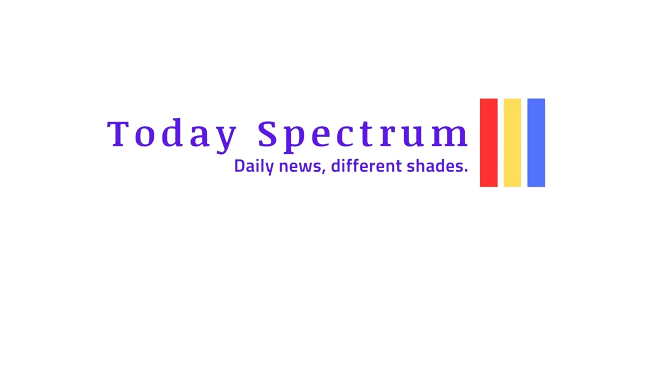Table of Contents
Understanding Cancer and its Treatments on World Cancer Day
As the globe marks World Cancer Day on February 4th, 2024, it’s essential to shine a light on the difference and nuances between the two prominent cancer treatments, chemotherapy and radiation therapy. This day, recognized annually, is more than just a date on the calendar, it’s a call to action to increase awareness about cancer and encourage prevention, detection and treatment.
World Cancer Day, established at the World Summit Against Cancer for the New Millennium in Paris in 2000, is a chance to reflect on the progress we’ve made and the challenges that lie ahead. In 2024, the day continues with the theme, “Together, we challenge those in power,” urging leaders globally to prioritize cancer care and strive for a world where everyone has access to life-saving treatments.
Cancer is an umbrella term for diseases characterized by the abnormal growth of cells that spread beyond their usual boundaries, potentially invading other parts of the body. With predictions stating that cancer cases in India could rise to 2 million by 2040, understanding the treatments available is crucial.
The Two Pillars of Cancer Treatment
Chemotherapy Medication Warfare Against Cancer
Chemotherapy is the use of powerful drugs to destroy rapidly dividing cells, such as cancer cells. Administered either intravenously or orally, these medications traverse the entire body, hunting for cancerous cells, including those that have spread far from the original tumor site. This modality is tailored to each individual, taking into account the type of cancer and its stage. While chemotherapy can effectively reduce or eliminate tumors, making them operable, it can also bring side effects like hair loss, fatigue, and nausea.
Radiation Therapy to Combat Cancer Cells
Radiation therapy stands out as a precise, calculated strike against cancer. This treatment directs high-energy particles or waves, such as X-rays, at a specific area of the body where cancer cells reside. With advancements such as CT scan-based image guidance, radiation oncologists can deliver doses with pinpoint accuracy, minimizing damage to surrounding healthy tissue.
The treatment is diverse, either administered on its own or combined with other methods like surgery and chemotherapy. The duration of radiation therapy generally spans weeks, with the option of faster treatments like stereotactic radiosurgery for some patients.
Picking the Right Weapon Against Cancer
Deciding between chemotherapy and radiation therapy or combining them is the oncologist’s quest. This decision hinges on the cancer type, its stage, and patient-specific factors. Modern medicine encourages a multidisciplinary approach, where experts from various fields gather in tumor boards to design the most effective treatment plan for each patient.
While both treatments act as stalwarts in the fight against cancer, they aren’t without their trade-offs. The implications of chemotherapy are felt system-wide, potentially affecting cells throughout the body. Radiation therapy, more localized, can result in side effects in the treated area, such as skin irritation, fatigue, and changes in skin color.
Early Detection and Lifestyle
Beyond understanding treatments, World Cancer Day emphasizes the roles of early detection and lifestyle in combating cancer. Symptoms like unexplained lumps, persistent fatigue, and sudden weight loss can signal the disease’s presence. Recognizing these signs can lead to early diagnosis, improving the chances of successful treatment.
Moreover, a significant number of cancer cases arise from lifestyle choices and environmental factors. Reducing alcohol intake, maintaining a healthy weight, adopting nutrient-rich diets, and engaging in regular physical activity can lower cancer risk. Some individuals, due to genetic predispositions or lowered immunity, may face a higher risk, shedding light on the importance of personalized prevention strategies.
The Community’s Role in Filling the Cancer Care Gap
World Cancer Day 2024 encourages each of us to play a part. From those offering emotional support to patients to individuals advocating for better cancer care policies and access, everyone in the community can contribute to closing the cancer care gap. Dr. Matshidiso Moeti’s message to “challenge those in power” applies not just to leaders but to society at large, to ensure that cancer prevention, treatment, and care remain at the forefront.
Innovation and Compassion
In advancing cancer care, technological innovations have ushered in improved treatments with fewer side effects, signaling a hopeful future. But equally important is the compassion and support offered by healthcare providers, caregivers, and the community, crucial components in the journey to healing and overcoming cancer.
On World Cancer Day 2024, while we acknowledge the strides made in treatment, with chemotherapy and radiation therapy leading the charge, we also remember the human element. The battle against cancer is fought not only in hospitals and labs but also in the everyday acts of care, understanding, and advocacy that define our collective response to this global challenge.


